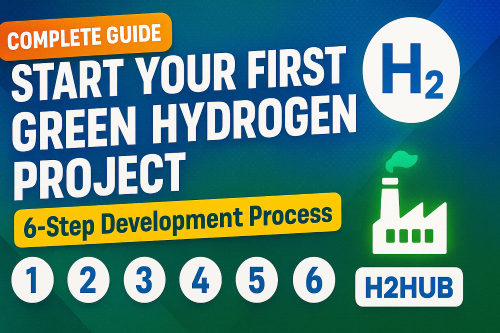Is Biofuel the Solution to Oil Shortages and Climate Change?
- switchingtosolarpv
- Nov 4, 2022
- 3 min read
When it comes to the world’s energy needs, there are a lot of different opinions out there. Some people think that we need to move away from fossil fuels and towards renewable energy sources like biofuels. Others believe that biofuels are not the answer, and that we should focus on developing other forms of renewable energy. So, what is the truth? Are biofuels really the solution to our oil shortages and climate change problems? In this video, we will take a closer look at biofuels and see what they can offer us.
What are biofuels and how are they made?
Biofuels are made from biomass, which is any organic material that can be used as fuel. This can include things like plants, algae, and even waste products like animal manure. The most common type of biofuel is ethanol, which is made by fermenting sugar or starch. Other types of biofuels include biodiesel, which is made from vegetable oil or animal fat, and biogas, which is produced by the decomposition of organic matter.
The pros and cons of biofuels
There are both advantages and disadvantages to using biofuels. One of the main advantages is that they are renewable, meaning that they can be produced again and again. They also produce less greenhouse gas emissions than fossil fuels, which is important for combating climate change. Another advantage is that biofuels can be used in existing engines without any modifications.
However, there are also some disadvantages to using biofuels. One of the biggest problems is that they can take away land that could be used to grow food crops. This can cause problems with food security, especially in developing countries. Additionally, the production of biofuels can require a lot of energy and water, and it can generate pollution.
Are biofuels the answer to climate change and oil shortages?
The answer to this question is not a simple one. Biofuels have the potential to help us reduce our dependence on fossil fuels and combat climate change. However, they also have some drawbacks that need to be considered. Ultimately, it will be up to each individual country to decide whether or not biofuels are the right choice for them. Drawbacks include: Can take away land that could be used to grow food crops, Production of biofuels can require a lot of energy and water, Generate pollution.
How can we make sure that biofuels are sustainable in the future?
There are a few things that need to be done in order to make sure that biofuels are sustainable in the future. First, we need to make sure that they are produced in a way that doesn’t compete with food crops. Second, we need to develop better methods for producing biofuels so that they require less energy and water. Finally, we need to find ways to use biofuels without causing pollution. If we can do these things, then biofuels will be a sustainable option for the future.
In conclusion, biofuels have the potential to help us reduce our dependence on fossil fuels and combat climate change. However, there are also some drawbacks that need to be considered. Ultimately, it will be up to each individual country to decide whether or not biofuels are the right choice for them. If we can make sure that biofuels are produced sustainably, then they will be a valuable option for the future.



Comments